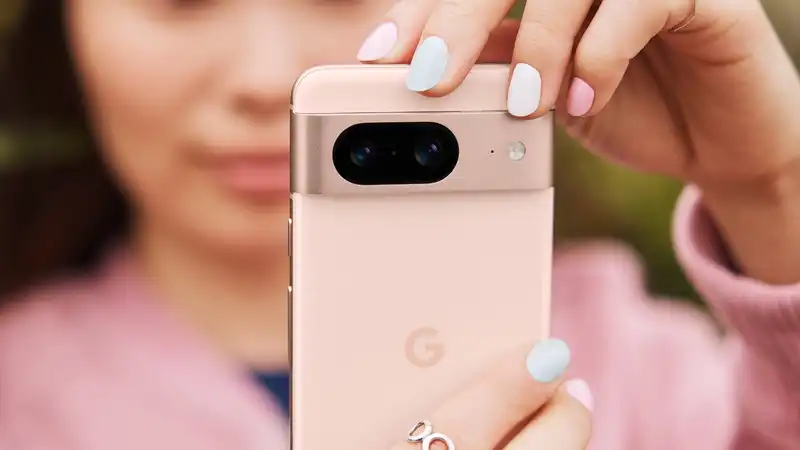With the announcement of the Pixel 8, Google shook up the industry with its decision to offer full OS upgrades for seven years, surpassing even competitors Samsung and Apple. This support covers everything from full Android updates, regular Pixel feature drops, and security updates. But how did Google decide on a seven-year term? In the latest episode of the Made by Google podcast this week, Seán Chau, the company's VP of Devices and Services, discussed this promise.
After all, Chau explained, that seven-year commitment was not an arbitrary decision, but was calculated after studying the lifespan of Google's first Pixel smartphone based on active user data:
"We looked at how the first Pixel, which launched in 2016 trajectory and how many people are still using the first Pixel, we actually found that there is a significant active user base, probably up to about the seventh year. So if we want to be able to support the Pixel for as long as people are using the device, seven years is just the right number."
To put that in perspective, Samsung's Galaxy S23 promises four years for software updates and five years for security updates. And while Apple has not promised a set number of years for security and software updates, one can get a rough estimate by looking at device support for iOS 17. The oldest model on the list is the iPhone XR, with a release date of 2018, so iPhone users can expect roughly five years of support.
With the shift to using custom Tensor processors, Google has gradually been able to provide better software support. This is a process that began with the Pixel 6, where software and security updates jumped to 5 years (compared to 3 years for the Pixel 4 and Pixel 5).
"After a couple more years of using Tensor, ...... now we can really figure out how best to do updates," Chau said, adding that the company "can now say we can go up to seven years and offer that extended period to our customers."
The move to a full-year beta program with quarterly platform releases also played an important role in the decision to make such a commitment.
"Now that we have a year-round beta program like this, we have more confidence that we can provide reliable updates to our users every quarter because we have so many beta testers," Chow said. This ensures that "the ability to move from annual to quarterly releases works well for our users."
Chow said that as users head into the second half of the seven-year commitment, Google plans to prioritize software-only features that do not require extra RAM, storage, co-processors, or "other hardware features," hopefully keeping Pixel phones running longer He said it will keep them running smoothly, which is comforting to hear now that we know the Gemini Nano AI was almost exclusively for the Pixel 8 Pro because it consumes a lot of RAM in the standard Pixel 8. Ideally, the new features added later would not require new hardware to work. Sadly, it remains to be seen if models other than the Pixel 8 and Pixel 8 Pro will also benefit from the extension of the old 5-year and 3-year update promises.










Comments